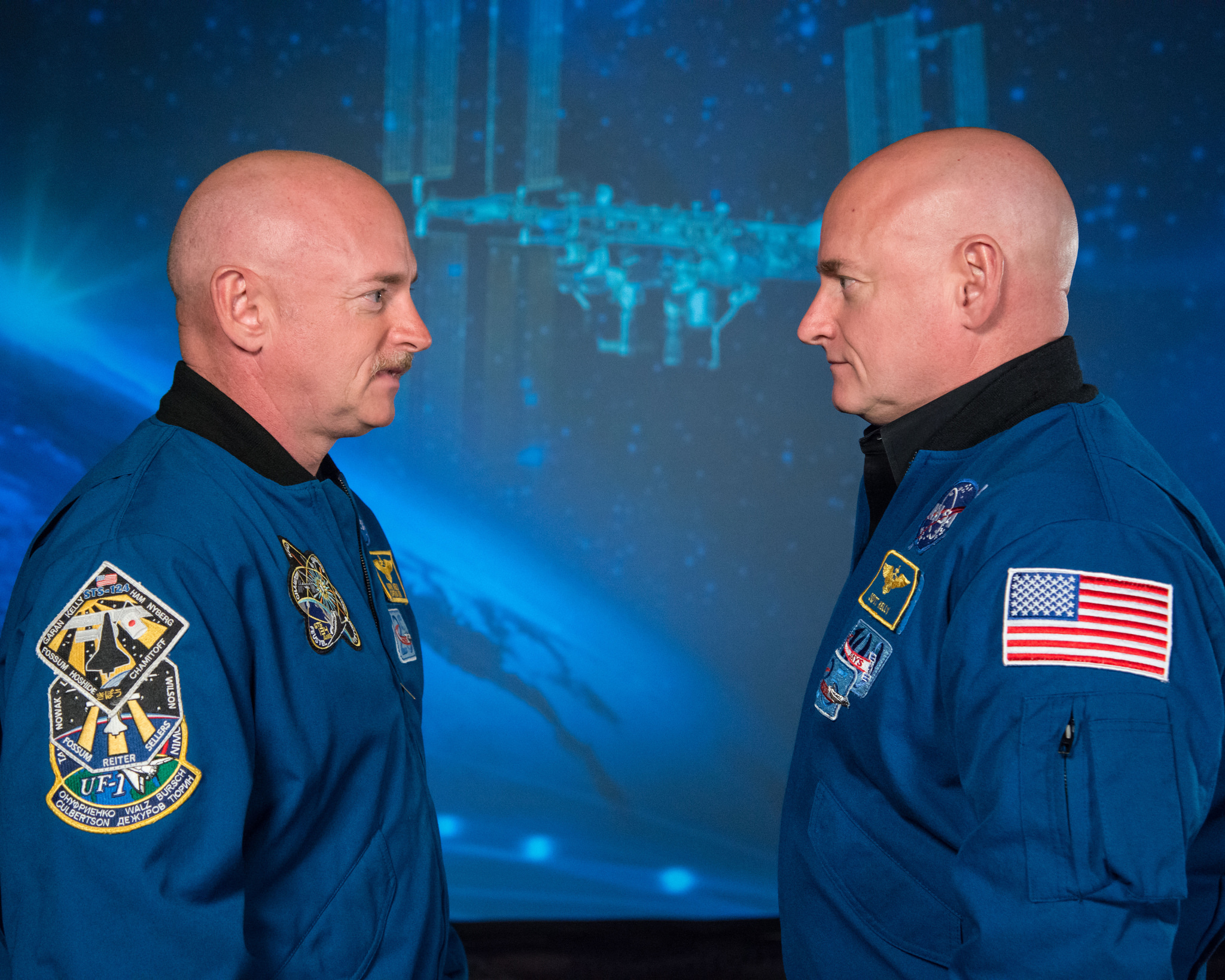Although it’s limited to a single study sample, the “Kelly Twins” experiment is valuable as a first indication of what we humans should expect from our bodies when exposed to no-gravity conditions for extended periods of time. After Scott Kelly returned from his one-year stay on the International Space Station, NASA’s scientists had the chance to compare every aspect of his biological operation against his twin, Mark Kelly, who stayed back on Earth and played the role of the “control”. Ten research teams worked feverishly to figure out how much Scott’s body has changed due to the extreme conditions of space, so here are the final results:
- Telomeres, the ends of each strand in Scott’s DNA have shortened, but the most interesting is the fact that the telomere length dynamics changed within days of landing.
- Vaccines administered during the experiments were accepted well by Scott’s body, and the immune system response was the appropriate one.
- There has been some aberrant gene expression during Scott’s lengthy stay in the ISS, and some notable DNA damage that is most likely a result of radiation exposure.
- Scott’s cognitive functions and general performance remained unchanged, although there was a measurable decrease in speed and accuracy that lasted for six month’s following his return to Earth.
- Eating dried and prepackaged space food for a full year did take its toll in Scott’s microbiome, but since his return to Earth, the gut flora returned to normal.
- There were no epigenomics changes that were deemed as abnormal, or non-transient.
- Scientists noticed that Scott’s carotid artery had some inflammation and wall thickening following the mission, which
have not been reversed yet. Whether Scott has sustained permanent cardiovascular damage remains to be determined in the following years. - Scott’s level of AQP2 protein increased, as a response to the dehydrated environment of the space station.
The take away conclusion of the study’s results is that humans can adapt to extreme conditions like space, and although there are some implications like the gut bacteria changes and vascular inflammation, staying in space for long periods of time is considered possible and generally safe.







